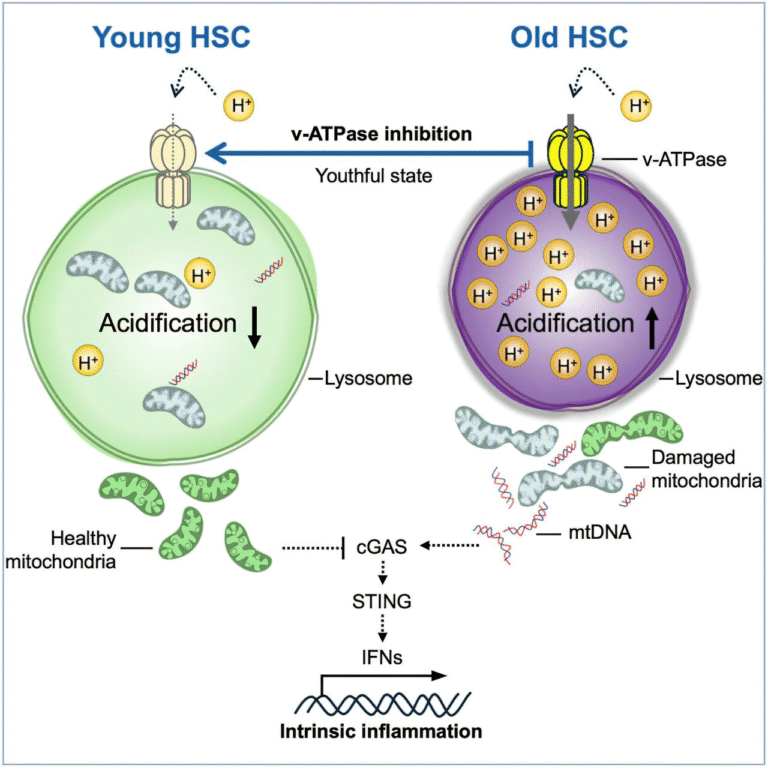Keto Diet Shows Both Benefits and Risks in New Long-Term Mouse Study

A new long-term study in mice has shed more light on the benefits and drawbacks of the ketogenic (keto) diet. While the diet did help reduce weight gain compared with a standard high-fat diet, it also led to high cholesterol, fatty liver (in males), and impaired glucose regulation. These findings raise important questions about the potential long-term effects of keto eating patterns in humans.
This research, published in Science Advances in September 2025 by scientists at the University of Utah, was led by Molly R. Gallop and senior author Amandine Chaix. It is one of the most detailed animal studies so far examining how prolonged ketogenic eating influences metabolic health.
The Basics of the Keto Diet
The keto diet is a high-fat, low-carbohydrate eating plan that typically provides 70% to 90% of daily calories from fat. A classic keto diet is more extreme, with around 90% fat and only small amounts of protein and carbs.
The main idea is to force the body to shift from using carbohydrates (glucose) as fuel to using fats, producing ketone bodies in the process. This metabolic state is called ketosis.
Historically, keto diets have been used for more than 100 years to manage drug-resistant epilepsy in children. Since the 1970s, the diet has also been promoted as a tool for weight loss and blood sugar management.
How the Study Was Designed
The Utah team tested four diets in mice for several months:
- Classic keto diet – about 90% of calories from fat.
- High-fat diet – about 60% of calories from fat, commonly used in rodent obesity studies.
- Low-fat diet with moderate protein – control group.
- Low-fat diet with higher protein – another control group.
Both male and female mice were included. The study duration was significant: 27 weeks for males and 15 weeks for females, which is equivalent to nearly a third of a mouse’s lifespan. This allowed researchers to capture long-term effects, much faster than would be possible in human studies.
Weight Outcomes
- Mice on both the keto and high-fat diets gained more weight than those on the low-fat diets.
- However, the keto group gained less weight than the high-fat diet group.
- The lowest body weight overall was seen in the mice on the low-fat diets.
This shows that while keto can be better than a typical high-fat Western-style diet in limiting weight gain, low-fat approaches still proved superior for long-term weight control in this study.
Blood Lipids and Cholesterol
The researchers found that mice on the keto diet developed very high blood lipid levels, including triglycerides and cholesterol. This condition is known as hyperlipidemia.
- Elevated lipids were present in both the keto and high-fat diet groups.
- The levels were especially pronounced in the keto group, suggesting a decline in liver function.
High lipid levels are an established risk factor for heart disease, raising concerns about whether prolonged keto eating might pose cardiovascular risks in humans.
Fatty Liver and Liver Health
Excessive fat buildup in the liver, known as fatty liver disease, was observed in:
- Male mice on the keto diet and high-fat diet.
- Accompanied by signs of liver inflammation.
Interestingly, female mice on the keto diet did not develop fatty liver, highlighting a possible sex-specific difference in how the body handles extreme fat intake.
Glucose Regulation and Insulin Response
Another major outcome was the effect on glucose metabolism:
- Both keto and high-fat groups developed glucose intolerance, meaning their bodies could not efficiently manage blood sugar levels after a meal.
- However, the mechanism was different between the two groups:
- High-fat diet mice: developed insulin resistance (their tissues did not respond well to insulin).
- Keto diet mice: had low insulin secretion from the pancreas, despite being insulin-sensitive.
This was traced back to pancreatic islet cell dysfunction. The insulin-producing cells showed stress in the endoplasmic reticulum and Golgi apparatus, the cell structures responsible for processing and transporting insulin. Under the microscope, the researchers saw dilated Golgi structures, consistent with a breakdown in normal insulin release.
Reversibility of the Effects
One of the most hopeful findings was that when keto-fed mice were switched back to a low-fat diet, their glucose intolerance improved within four weeks. This suggests that at least some of the harmful effects of keto eating may be reversible if the diet is discontinued.
Obesity Mouse Models
The team also looked at obese mice placed on the keto diet. Results were mixed:
- Keto did promote weight loss in obese mice.
- But it did not improve metabolic health. These mice still showed:
- High blood lipids
- Poor glucose regulation
In fact, the low-fat diet was more effective than keto in:
- Promoting weight loss,
- Reducing lipid levels, and
- Improving blood sugar control.
Key Takeaways from the Study
- Weight management: Keto reduced weight gain compared with a high-fat diet, but low-fat diets worked best overall.
- Lipids and liver: Keto led to severe hyperlipidemia and fatty liver in male mice.
- Glucose regulation: Keto impaired insulin secretion, causing glucose intolerance.
- Reversibility: Negative effects on glucose control improved after stopping the diet.
- Sex differences: Female mice were somewhat protected from fatty liver.
- Obesity context: Keto caused weight loss in obese mice but did not correct their underlying metabolic issues.
What This Means for Humans
It’s important to emphasize that this was a mouse study. Mice metabolize nutrients differently from humans, and the diet used was a classic 90% fat ketogenic diet, which is more extreme than most human keto diets.
That said, the findings line up with some observations in humans:
- Cases of hyperlipidemia have been reported in children using keto diets for epilepsy.
- Some human studies also suggest keto may impair glucose response.
- Long-term human data on keto are still limited and inconsistent.
This study adds weight to the idea that while keto may be useful for short-term weight loss or therapeutic purposes, its long-term safety—particularly for the heart, liver, and pancreas—remains uncertain.
Additional Information: How the Body Uses Energy
Carbohydrates and Glycogen
Normally, carbohydrates are broken down into glucose, which is stored in the liver and muscles as glycogen. This serves as a quick source of energy.
Switching to Fat Metabolism
When glycogen is depleted—through fasting or a keto diet—the body shifts to breaking down fats into ketone bodies. These ketones fuel the brain and muscles in place of glucose.
Why This Matters
This shift is why keto diets can lead to rapid weight loss, but the reliance on such high fat intake may stress the liver, pancreas, and cardiovascular system over time.
Other Studies on Keto in Rodents
Previous animal research has shown mixed results:
- Some studies found keto diets promote weight loss and improved glucose control.
- Others found weight gain, elevated lipids, and fatty liver disease.
- Differences often depend on diet composition, duration, and species/strain of animals.
Final Thoughts
The new mouse study makes it clear that the keto diet is not a one-size-fits-all solution. While it can help with weight control, it comes with serious potential risks to metabolic health, especially when followed long term.
For humans, this highlights the need for:
- More long-term clinical trials
- Careful monitoring of lipid levels and liver function for those on keto
- Considering alternative dietary strategies, such as balanced low-fat diets, which may support both weight and metabolic health more effectively





